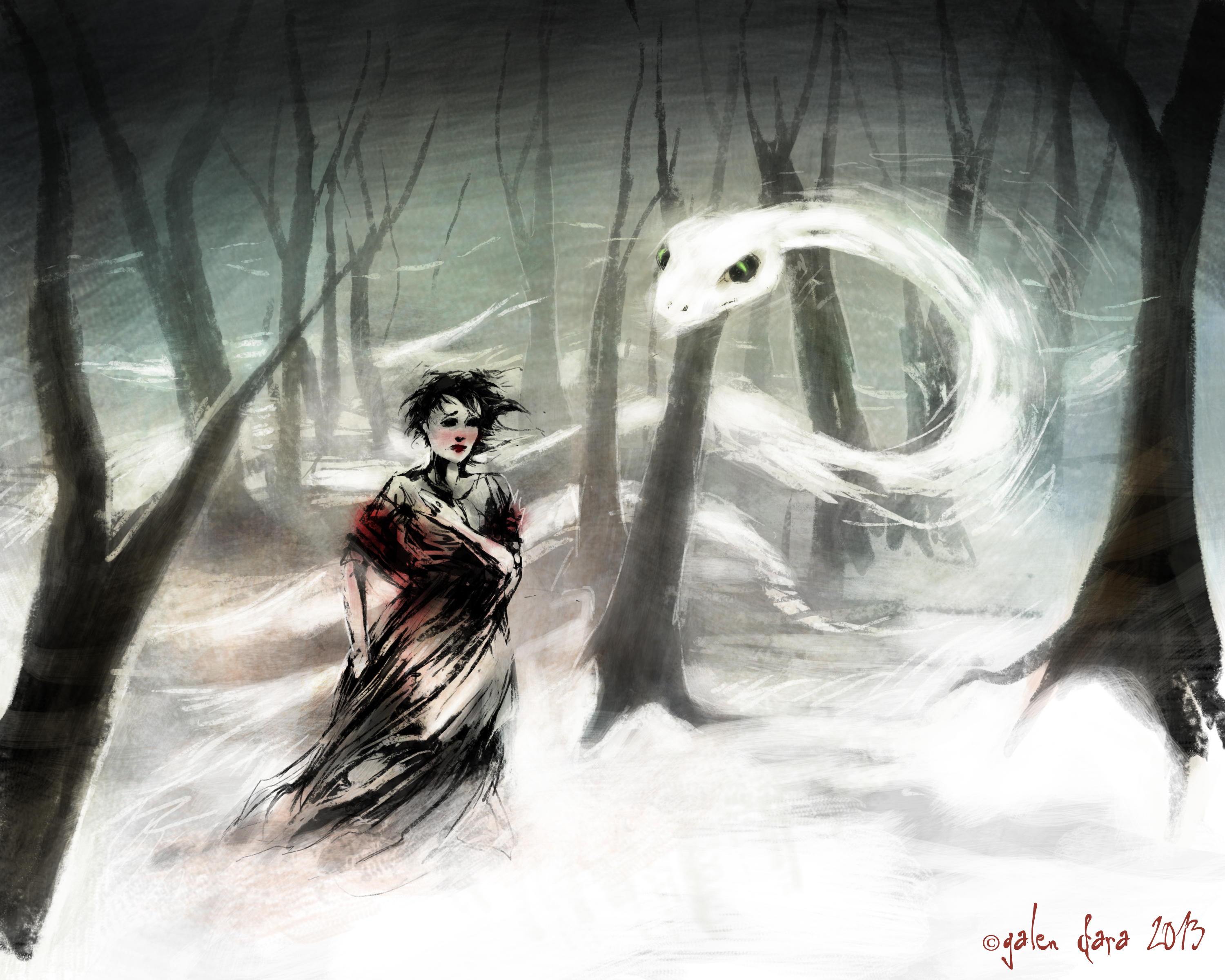This post is part of a blog post relay on craft, which the wonderful Heather Fowler invited me to join. Heather is the author of This Time, While We’re Awake and People with Holes. Her newest work, Elegantly Naked in My Sexy Mental Illness: Collected Stories, is forthcoming from Queen’s Ferry Press this May.
My take on craft:
1) What am I working on?
Right now I’m finishing up my small book of poetry, The Acolyte, for Port Yonder Press. These poems wrench the Bible out of right-wing political rhetoric and felt board metaphors learned in Sunday school to explore myth and ritual through a surreal, feminist retelling. Stress dreams, muted love, drought, childlessness, gang rape—my poetry doesn’t shy away from the grittiness of any tale, but rather seeks to show ways in which much of our culture battles the same issues. I’m also working on a few more short stories for my fiction collection Kinds of Leaving, which was shortlisted for the Flann O’Brien Award for Innovative Fiction. In these stories, the surreal landscape becomes as much as character as the other humans and ghosts which haunt each other.
2) How does my work differ from others of its genre?
I’m an odd bird since my work spans all kinds of genres–I’ve published in the fantasy magazines as much as I have in the more “literary” ones. My novel Elementari Rising is pretty much straight up epic fantasy, but I had artist Galen Dara create artwork to go along with certain scenes to help launch the book, which I think was pretty cool. My short fiction is more interstitial–not straight up fantasy nor is it completely realistic. I’ve probably taught Kafka and O’Connor so many years now that my work blends into those non-genre categories.
3) Why do I write what I do?
I write my poetry because it comes from a place of deep faith and doubt. As a professed Christian, writing poetry that works on Bible stories constantly challenges me to see those stories in so many different ways–as myth, as metaphor, as cultural construction, and strange truth. My novel series on the Elementari comes from respect for ecocriticism and ways of looking at nature. It’s how I process my terror on climate change. And my short stories, well, those usually have to do in some way with growing up in the evangelical South and then going to college in the desert. Those two landscapes: Eden and the Wilderness, play out a lot in my fiction.
4) How does your writing process work?
I have a list of first lines and ideas in a story folder. Sometimes it takes me a year to finish a short story or even a flash piece–I just keeping taking a chunk out of it until it begins to talk to me. Novels and poetry are both different energies—I plot out the novel a little, but not too much, and create a character list and map to help me with world building. As a writing teacher, I think most true writing is done in the revision process. That’s the “nuts and bolts” answer. The down and dirty–I’m in the middle of moving and applying for jobs; it’s been a year of chronic physical pain. Everyone has the “ick bit” in their lives where everything is more important than writing, and yet still you somehow find your way back to the desk with that story fragment or poetry line that needs tweaking, and you get to it. At a certain point, it begins to generate energy back into you again.
Next up on the blog post tour come May 12th is Valya Dudycz Lupescu, the author of Amazon bestselling novel, The Silence of Trees, and founding editor of Conclave: A Journal of Character. Her comic, STICKS & BONES was crowdfunded by Kickstarter and picked up by First Comics. She earned her MFA in Writing from the School of the Art Institute of Chicago. Valya is represented by Sara Crowe at Harvey Klinger, Inc. Her second book, The Supper Club, is currently on submission. Her website is www.vdlupescu.com
